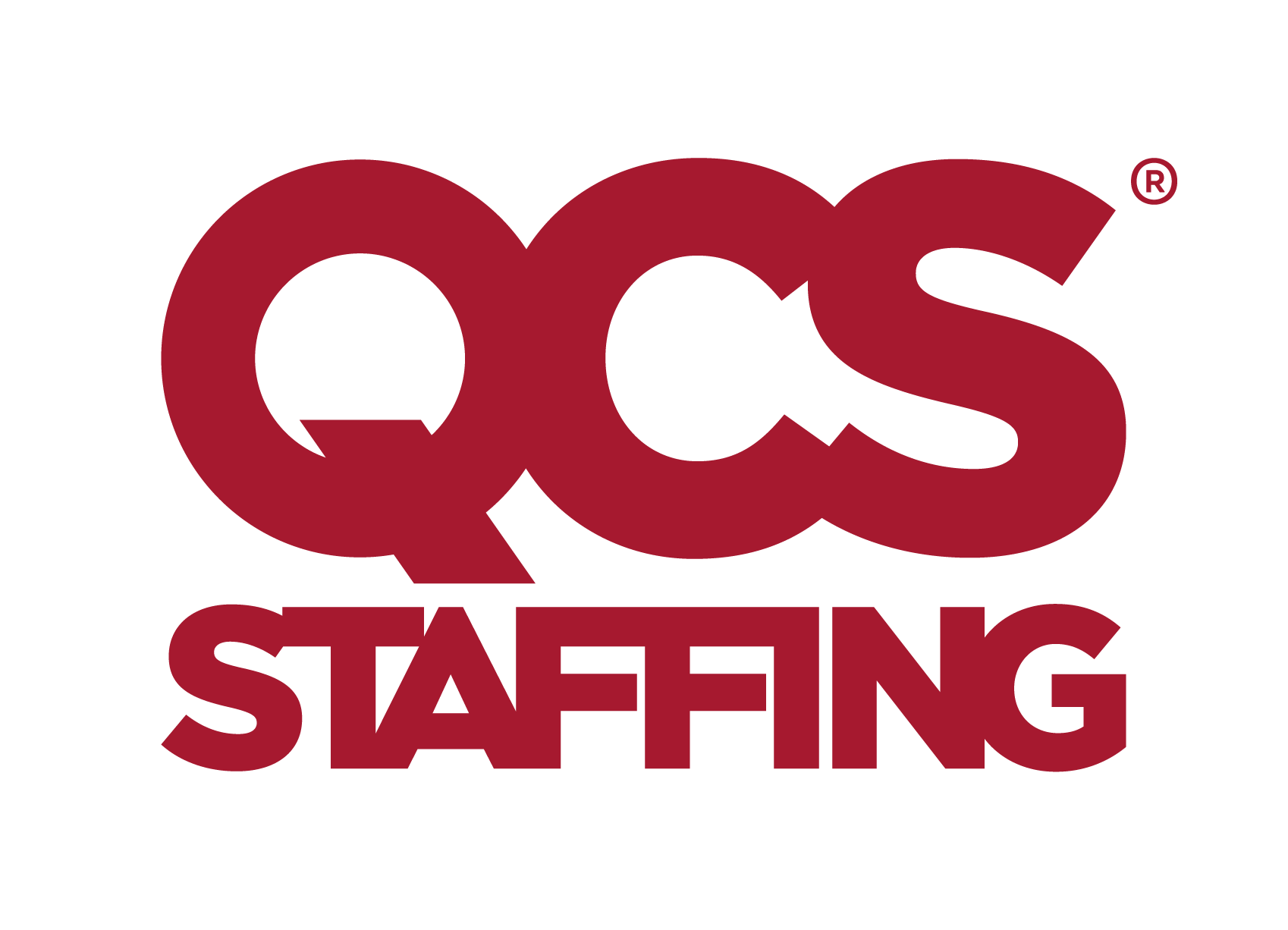How Automation is Changing the Life Science Industry in the USA
It may not come as a surprise that automation is revolutionizing the world, driving business growth and efficiency. As well as this, automation itself is advancing, thanks to the influx of digital and AI tools. We explore how this is affecting the current Life Science Jobs in the USA.
Driving Innovation
Automation is driving a wave of innovation within the life science industry. According to a report by Deloitte, automation technologies are enabling scientists to tackle more complex experiments and analyses, leading to breakthrough discoveries in areas such as drug development and personalized medicine. Deloitte also found that more than 60% of life sciences companies spent over $20 million on AI initiatives in 2019. Technologies like CRISPR gene editing and high-throughput screening are revolutionizing how research is conducted, paving the way for novel therapeutic interventions.
Embracing the Future
The future of the life science industry in the USA is intrinsically linked to automation. As technology continues to advance, so too will the role of automation in driving scientific progress. A report by PwC emphasizes the importance of embracing automation as a means to stay competitive in the global marketplace. By investing in automation technologies and nurturing a skilled workforce of automation engineers, the USA can remain at the forefront of scientific innovation.
Benefits of Automation for the Life Science Industry
It is pretty clear that automation processes have a large influence on job roles. But how? Below is a list of potential impacts of automation on life science jobs:
Laboratory Automation: Laboratories are increasingly adopting automated systems for tasks like sample preparation, analysis, and quality control. This can lead to higher throughput, reduced errors, increased precision, and improved reproducibility in experiments, but it may also reduce the need for manual lab technicians in certain areas.
Increased Efficiency in Research: Automation can streamline various research processes, such as high-throughput screening in drug discovery or data analysis in genomics research. This efficiency could lead to faster discovery and development of new drugs, therapies, and treatments.
Personalized Medicine: Automation plays a crucial role in the field of personalized medicine, where treatments are tailored to individual patients based on their genetic makeup and other factors. Automated systems for genomic sequencing, data analysis, and drug screening are essential for realizing the potential of personalized medicine.
Regulatory Compliance and Quality Control: Automation can help ensure compliance with regulatory standards and improve quality control processes in the life sciences industry. Automated systems can monitor production processes, detect anomalies, and maintain detailed records, which is crucial for meeting regulatory requirements.
Effect on Life Science Jobs
It may not come as a surprise that automation is revolutionizing the world, driving business growth and efficiency. As well as this, automation itself is advancing, thanks to the influx of digital and AI tools. We explore how this is affecting the current Life Science Jobs in the USA.
Driving Innovation
Automation is driving a wave of innovation within the life science industry. According to a report by Deloitte, automation technologies are enabling scientists to tackle more complex experiments and analyses, leading to breakthrough discoveries in areas such as drug development and personalized medicine. Deloitte also found that more than 60% of life sciences companies spent over $20 million on AI initiatives in 2019. Technologies like CRISPR gene editing and high-throughput screening are revolutionizing how research is conducted, paving the way for novel therapeutic interventions.
Embracing the Future
The future of the life science industry in the USA is intrinsically linked to automation. As technology continues to advance, so too will the role of automation in driving scientific progress. A report by PwC emphasizes the importance of embracing automation as a means to stay competitive in the global marketplace. By investing in automation technologies and nurturing a skilled workforce of automation engineers, the USA can remain at the forefront of scientific innovation.
Benefits of Automation for the Life Science Industry
It is pretty clear that automation processes have a large influence on job roles. But how? Below is a list of potential impacts of automation on life science jobs:
Laboratory Automation: Laboratories are increasingly adopting automated systems for tasks like sample preparation, analysis, and quality control. This can lead to higher throughput, reduced errors, increased precision, and improved reproducibility in experiments, but it may also reduce the need for manual lab technicians in certain areas.
Increased Efficiency in Research: Automation can streamline various research processes, such as high-throughput screening in drug discovery or data analysis in genomics research. This efficiency could lead to faster discovery and development of new drugs, therapies, and treatments.
Personalized Medicine: Automation plays a crucial role in the field of personalized medicine, where treatments are tailored to individual patients based on their genetic makeup and other factors. Automated systems for genomic sequencing, data analysis, and drug screening are essential for realizing the potential of personalized medicine.
Regulatory Compliance and Quality Control: Automation can help ensure compliance with regulatory standards and improve quality control processes in the life sciences industry. Automated systems can monitor production processes, detect anomalies, and maintain detailed records, which is crucial for meeting regulatory requirements.
Looking for a Life Science Role in the USA?
Here at QCS Staffing, we specialize in connecting professionals with life changing industries and recruit for automation jobs in the Life Science Industry many of which are USA based.
Take a look at our current life science jobs in the USA or submit your resume today and we will get in touch.







